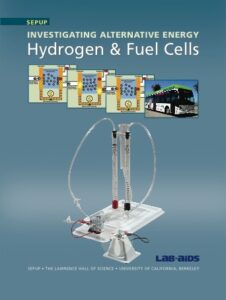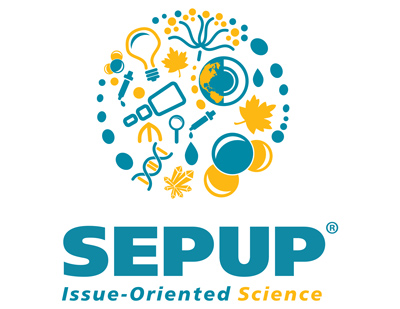New Hydrogen & Fuel Cells Module Available

The Hydrogen Technology and Energy Curriculum (HyTEC) project has developed and field-tested a high school chemistry module titled, Investigating Alternative Energy: Hydrogen & Fuel Cells. This module is currently available and was developed by SEPUP in collaboration with the Schatz Energy Research Center (SERC) at Humboldt State University, and is published by Lab-Aids. The new curriculum is based on SEPUP’s issue-oriented and inquiry-based approaches to science teaching and learning. In a sequence of six high school classroom activities, students are introduced to hydrogen and fuel cells in the context of energy for transportation. This sequence of activities addresses National Science Education Standards and state science standards related to topics such as energy transformations, energy efficiency, chemical reactions, oxidation-reduction, stoichiometry, and societal perspectives on energy issues. We would like to thank the U.S. Department of Energy and the Alameda-Contra Costa Transit District for their support of this project. Click here for more info.

